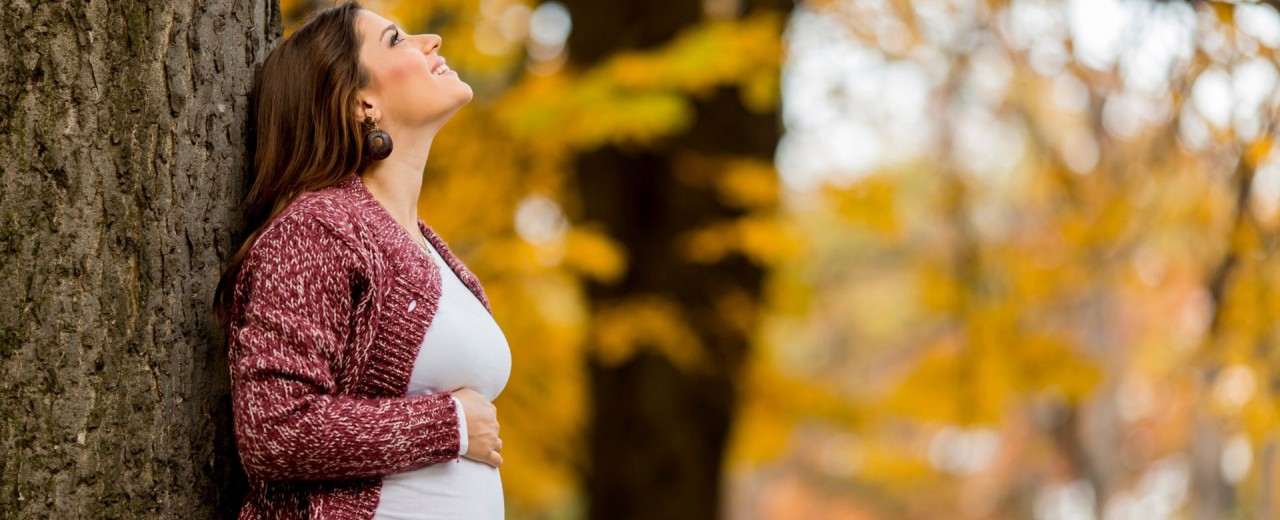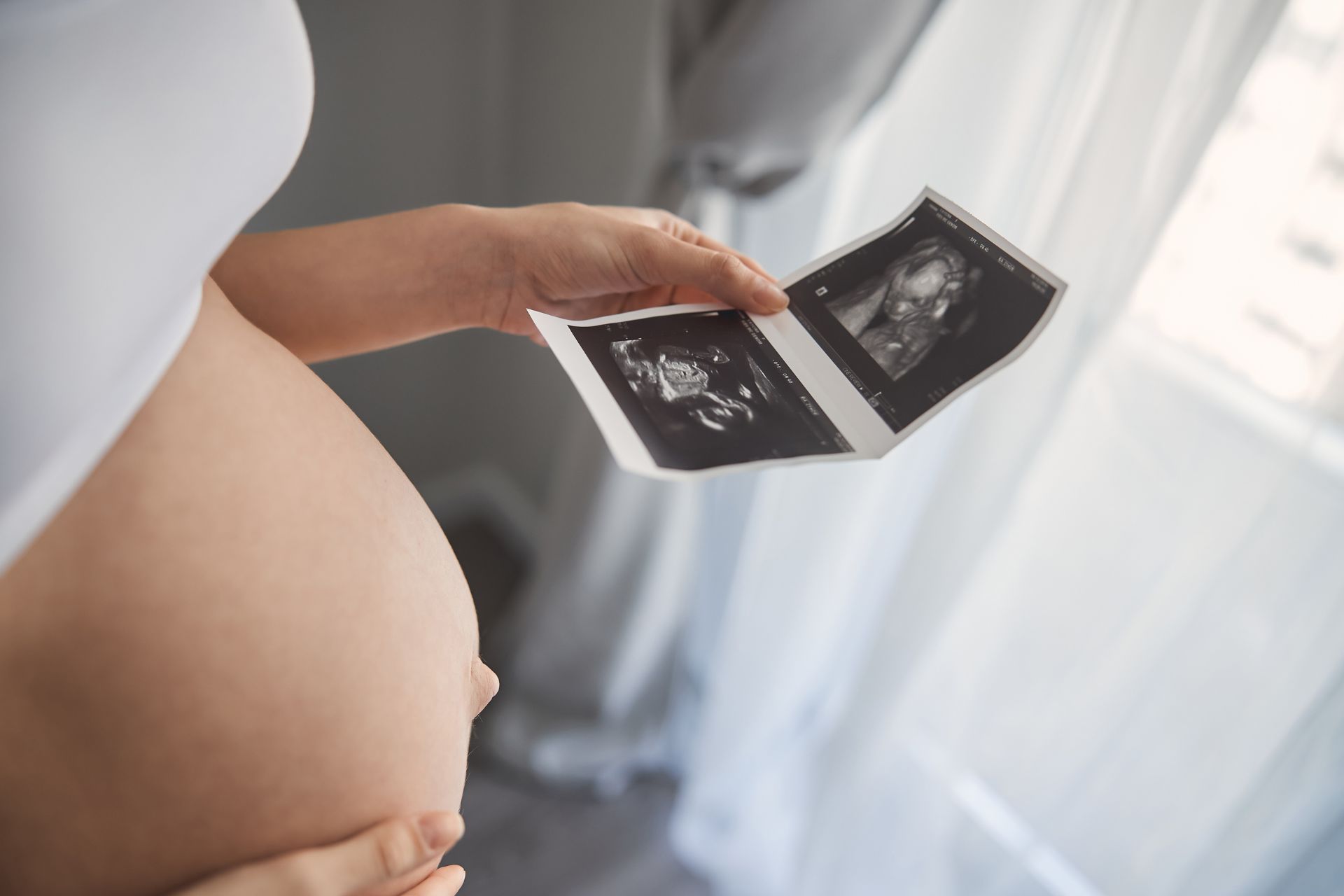What is the probability of pregnancy on the first try?

Every woman who plans to become a mom dreams of something simple: To see a positive pregnancy test from the very first cycle. To avoid the disappointment of getting her period, the anxiety of whether it will happen, and the impatience as the months go by.
But how likely is that? We’ve all heard of couples who got pregnant on the first try—or even by accident—so how realistic is it to expect the same for yourself?
The truth is that the chance of getting pregnant on the first try is on average around 20%. So, neither very high nor very low. Of course, there are factors that can decrease or increase those odds.
Let’s look at things in more detail so you know what to expect.
Chance of pregnancy on the first try by age

The chance of getting pregnant on the first try depends greatly on your age. Generally, per cycle, the probability ranges from 15–25% depending on the couple’s fertility, overall health, and lifestyle.
However, based on age, those numbers vary significantly:
- 20–30 years old: About 25% chance per cycle.
- 30–35 years old: About 15–20% per cycle.
- 35–40 years old: 10–15% chance each month.
- 40–45 years old: 1–10% chance per cycle.
See also: Guide to Getting Pregnant After 40: What You Should Know
How can I increase my chances of conception?

It’s important to remember that the above probabilities apply only if intercourse happens during the woman’s “fertile window”, meaning the day of ovulation and the 1–2 days before it.
After ovulation, the chances drop to zero, as there’s no egg left to fertilize. And the further in advance of ovulation, the lower the chances.
See also: Can You Get Pregnant After Ovulation? The Right Time When Trying to Conceive
So, the most reliable and simple way to maximize your chances of pregnancy is to know exactly when you’re ovulating. By using ovulation tests, you can know 24–36 hours in advance that ovulation is coming, allowing you to time intercourse during the two most fertile days of your cycle.
Beyond that, the following play an important role in ensuring optimal fertility:
- Healthy diet (avoid sugar, eat plenty of fruits and vegetables, consume omega-3 and protein)
- Avoid smoking and alcohol
- Regular exercise
- Stress reduction and healthy habits
Of course, these help in the long run and it’s best to have adopted them before trying to conceive.
The most important thing is to start using ovulation tests from the 8th day of your cycle. This way, no matter how short or irregular your cycle is, you won’t miss ovulation.
The ovulation tests from HomeTest are 100% reliable and available in strip form. So they are very affordable, and you can buy them in large quantities so you won’t hesitate to use one every day.
This way, you’ll make the most of your fertile days and dramatically increase your chances of getting pregnant on the first try—avoiding disappointment and long waiting periods!
0 comment(s)